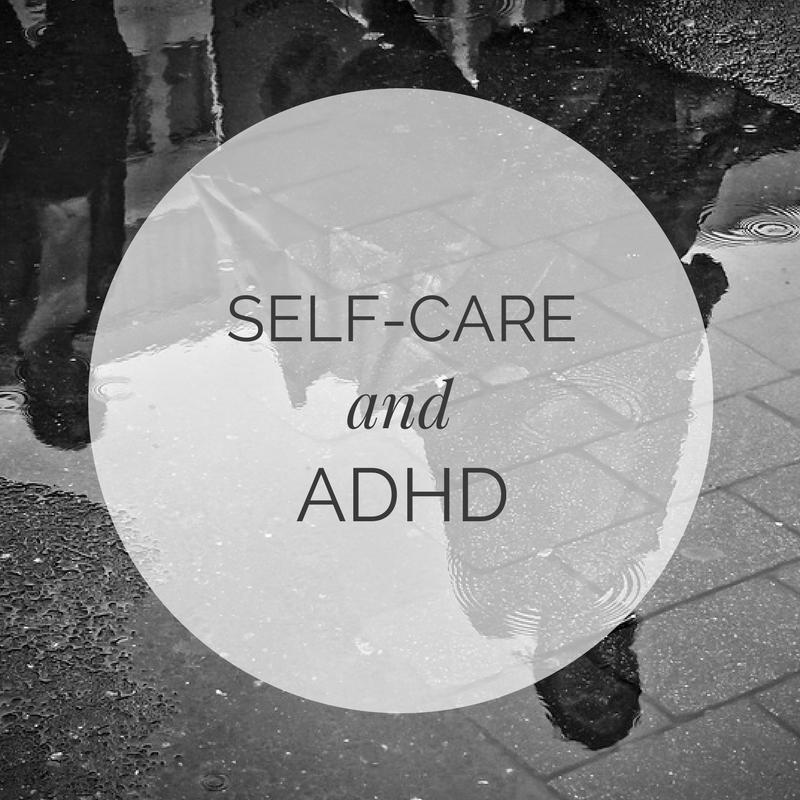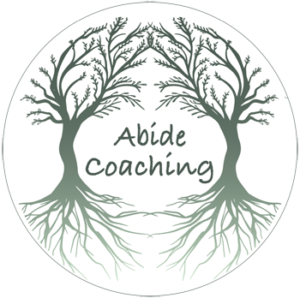Self-care is an important part of life. There is loads of talk about it these days but what is it and how does ADHD affect it.
There are several types of self-care.
Physical Self-Care is what most of us think about when we think about self-care. It is about our most basic physical needs. It covers:
- Diet – Drinking enough water and eating a variety of food are important to stay healthy. Don’t skip meals. ADHD has been linked to binge eating. Many people with ADHD make bad decisions around food. Sugar can make some symptoms worse in children but sugar doesn’t cause hyperactivity.
- Sleep – There is no hack for sleep. Staying up late because you are on your phone will make it harder to fall asleep. There are numerous studies about the health and mental health problems that can be caused by lack of sleep. 50% of children and 80% of adults with ADHD have sleep problems. Developing a nighttime routine that is relaxing may help.
- Exercise – Move your body. When you exercise, your brain releases neurotransmitters which help you stay focused and think more clearly. Find something you enjoy – going for walks, yoga, working out at the gym, curling, adult kickball or anything else that will make you get up and move.
- Take your meds – If you have been prescribed medication for ADHD or any other condition. It is important to take your medication as prescribed by your doctor. Find a routine by tying the new habit of taking your medication to an old habit like brushing your teeth.
- Don’t push it – It also means taking care of yourself when you are sick and not pushing yourself too hard. Or not participating in sports when you are hurt and your body needs to heal.
- Abuse – People with ADHD, especially untreated ADHD, are more likely to abuse drugs and alcohol. People with ADHD tend to be natural risk takers which can be a good thing in business or to an extend sports but not when it comes to trying and using drugs.
- Extras – Getting a massage, spa days, getting a good haircut, taking time to do your makeup, or using body scrubs or lotions could also be important to you. Find whatever works for you.
Emotional Self-Care is how you deal with your feelings. Dealing with your emotions in a healthy way is important for your quality of life. It covers:
- Emotional control – How do you deal with disappointment? Anger? Emotional control is an executive function skill. It is a part of ADHD, especially after a long day.
- Negative self-talk – When things aren’t going your way, do you reinforce it by telling your yourself that you are a failure? How can you change your perspective or reframe it in a better light? Try positive self-talk!
- Therapy or Coaching – Who is in your corner with you? Sometimes we need support. When you know that things aren’t going right, you should reach out for additional support.
- Coping mechanisms – What do you do to calm yourself down? Talking things out, taking some time to cool off and writing can all be helpful. Emotional eating, yelling, and blaming others aren’t helpful.
- Emotional Intelligence – Are you in touch with your feelings? It is okay to have different emotions. Naming them for what they are and expressing them in a healthy way is good for your overall health.
- Boundaries for time – Say yes to activities that make you feel good and say no to activities that are draining, even if they are for a good cause. You aren’t obligated to burn yourself out for the benefit of others.
- Boundaries for relationships – Know beforehand what you are willing to do for a relationship and what is toxic. If you aren’t benefiting from relationship know when to walk away.
Personal Self-Care is the ability to have a relationship with yourself. It covers:
- Know yourself – take some time to do an inventory of what your values and needs are, what is interests are. So that you aren’t molding yourself into who a romantic partner wants you to be, or who friends or parents think you should be.
- Embrace yourself – Appreciate your strengths, weakness, and quirks. All of which makes us who we are. Believe in yourself. Some people with ADHD beat themselves up every time something doesn’t go right with negative self-talk.
- Think for yourself – Form your own thoughts and opinions. Don’t just adopt those of the people around you.
- Plan – What do you want your life to look like? Not just what do you want to do for a living. What kind of lifestyle do you want? Then plan what steps you need to accomplish to live that life.
- Spend time with yourself – Make time to self some time alone. Be comfortable spending time with yourself.
- Hobbies – Take time to have hobbies that you enjoy. Learning something new or creating something makes us all more interesting. People with ADHD tend to be interested in everything for a little bit at least and then move on the something else over and over again. Try to find something that can hold your interest and grow with you.
Social Self-Care is about spending the right amount of time with the right kind of people. It covers:
- Social calendar – Is your’s full, empty or just right? We all need different amounts of social interaction. If you are an introvert, are you taking the time you need to restore yourself? But also not hiding away? If you are an extrovert, is your calendar so full that other things aren’t getting done? Most of us fall somewhere in between introvert and extrovert. We must find a balance for ourselves.
- People time – Spending time on social media is not the same as making a connection with an actual people. Regardless of how much interaction you need, you should be spending time with people and not just your phone. For someone with ADHD, a phone can be fairly engaging. Who you are spending time with is important too. Your friends or romantic partner should be a positive influence on you. We tend to adopt the habits of those around us which can for you or against you.
- Relationships – Knowing when to let a friendship or romantic relationship go is important. Sometimes, relationships are no longer nourishing or beneficial to either party. You don’t owe anyone anything. But it is also important to communicate what you need in a relationship and to be honest about how your ADHD affects you. I am not suggesting you unload on a first date. ADHD can cause problems because the non-ADHD half of the relationship doesn’t understand why you do some of the things you do. There are loads of books about relationships and ADHD.

Spiritual Self-Care is about taking care of your soul. It covers:
- Church – Maybe for you, going to church is an important part of your spiritual life. Then make time to do that.
- Discover – Maybe you are unsure of your spiritual life. Then take time to explore different beliefs. What do others believe? What resonates with you? Try reading spiritual books.
- Pray/meditate – There are different forms of prayer and meditation. Try some and see if they lift your soul.
Practical Self-Care is everything else. It covers:
- Professional self-care – have a job that you enjoy, continuing to grow and educate yourself in that career path, having boundaries between home and work. Getting to work on time, doing your job. People with ADHD are more likely to lose their job because they show up late too often, can’t get along with colleagues or don’t follow through on assignments.
- Environmental self-care – living in a healthy, clean, and safe environment. Doing routine chores like cleaning and laundry. I know your ADHD brain just said “Boring!” but these activities are an important part of being an adult.
- Financial self-care – having a budget, saving money and paying bills on time are all important. People with ADHD are more likely to live in debt because they have a harder time holding a job and impulse shop. When shopping take a friend to help you stick to a list or budget discuss it beforehand. Try paying for everything in cash; it can be more meaningful to hand over cash than a plastic card. Set up auto pay for everything that will allow it which is almost everything these days. You don’t want to ruin your credit rating because you didn’t pay your bills on time. You can also set up auto transfers to your savings account. Get professional help from a financial advisor if you are struggling.

